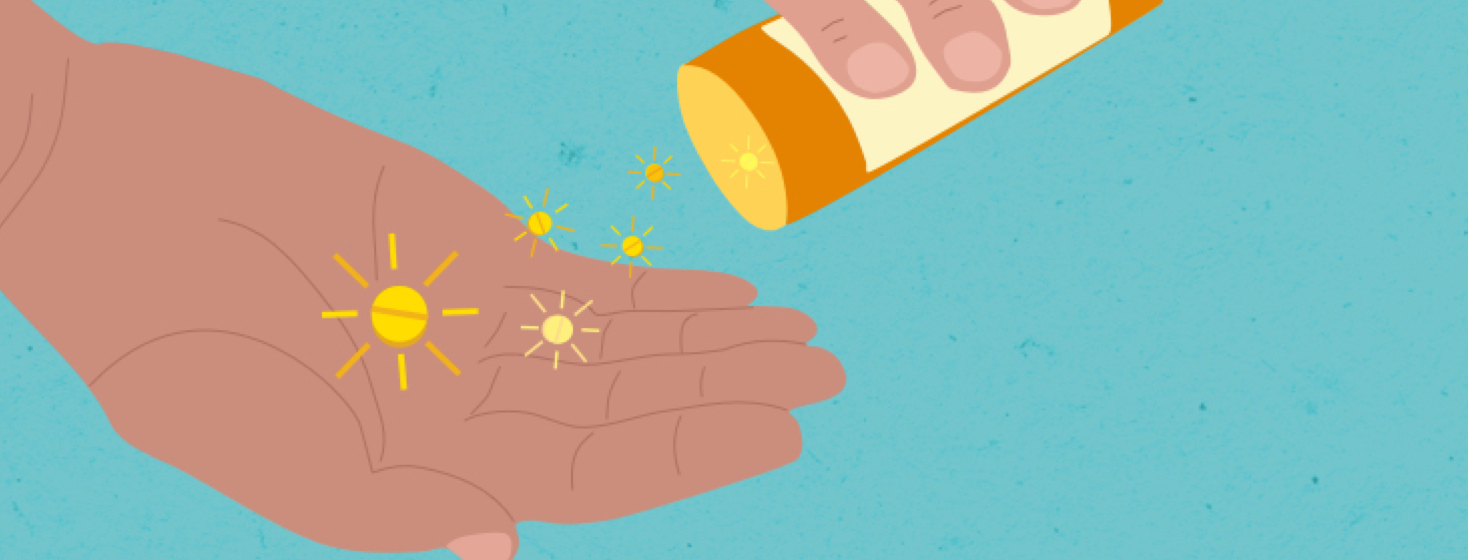Vitamin D and RLS
I live in the Pacific Northwest, a notoriously cloudy and rainy part of the world. While I love it here and never want to move, I’ve had to start taking vitamin D supplements in addition to my usual multivitamin. I got a new primary care doctor who ran labs and found that I was very low in vitamin D.
Women, climate, and vitamin D
When I retested 6 months later, I was still low and my mental health drug prescriber put me on a gel capsule that she said would be absorbed better by my body and work well with my other medications.
I have heard that women, especially those in less sunny climates, are usually vitamin D deficient and will need to take a supplement during the winter for most of their lives.
Lifestyle choices impact vitamin D levels
I’m not big on fish and don’t really drink much milk. I usually prefer an oat latte to a whole milk one. I’m very pale and prone to sunburn. Plus, I grew up with parents who tanned and later had to have skin cancer removed, so I’m generally one to lather up on sunscreen. Unfortunately, these lifestyle choices have contributed to my vitamin D deficiency.
Vitamin D and mental health
Vitamin D might also be tied to cognitive health. When my mental health suffers, so does my sleep. When my sleep suffers, my restless legs start acting up. Anything I can do to help my mental health, whether it be vitamins, dietary choices, or getting some fresh air, is going to help me treat my RLS symptoms.
What about RLS and vitamin D?
When it comes to my restless legs, vitamin D can only help. Because it’s an antioxidant and is tied to immune health, my RLS is going to be a bit better if my overall systems are working better. Anything anti-inflammatory is good for my RLS, right?
Vitamin D can prevent muscle spasms, which would be unrelated to RLS but could cause a potential increase in RLS symptoms, sleep disturbance, and the feedback loop of bad sleep leading to restless legs and the restless legs disrupting sleep.
A strong body for overall health
As you may know from all those “Got Milk” commercials when we were younger, vitamin D helps keep bones strong and healthy. Keeping our bodies working at their best helps us continue to live our lives the way we want to, including being active and exercising. For me, gentle exercise is key to reducing my RLS symptoms.
To help my RLS and overall health, I’ve made a point to take my supplements. I’ve also tried to be less militant about sunscreen when I know I won’t be out in direct sun for long.
I’m writing about my own experience here and have gotten guidance from my healthcare providers. Because there are some interactions between vitamin supplements and medications you may take for RLS, speak to your healthcare provider before starting a new health regimen.

Join the conversation